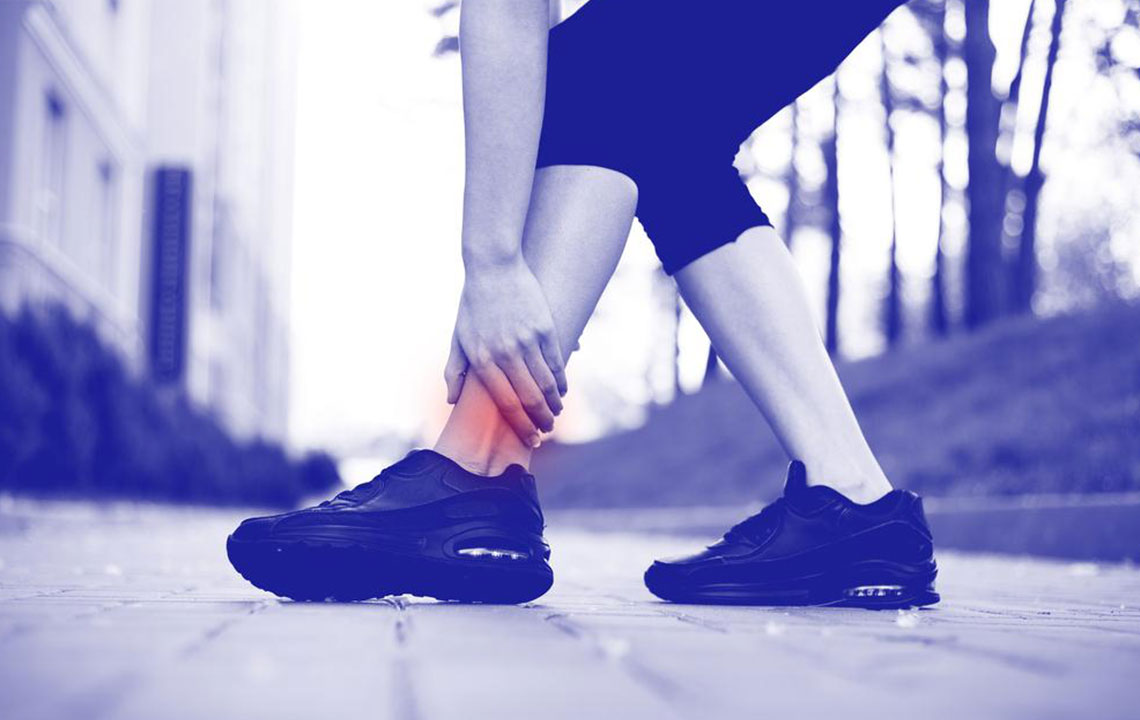Effective Strategies to Manage Restless Legs Syndrome
Explore practical and effective ways to manage Restless Legs Syndrome with home remedies, lifestyle adjustments, and professional guidance. Learn how simple routines can ease symptoms, improve sleep quality, and restore comfort. Always consult a healthcare provider for persistent or severe cases.

Understanding How to Manage Restless Legs Syndrome
Restless Legs Syndrome (RLS) is characterized by uncomfortable sensations and involuntary twitching in the legs, often worsening at night. This condition can disrupt sleep and lead to insomnia, causing fatigue and daily discomfort. RLS affects about 10% of the population, with episodes varying in severity and frequency.
Fortunately, several effective treatments and lifestyle changes can help alleviate symptoms and restore normal activity. Small adjustments in daily routines can make a significant difference.
Home Remedies for RLS Relief
While the exact cause of RLS remains unclear, these home strategies can assist in reducing discomfort. If symptoms persist, consulting a healthcare professional for appropriate medication is recommended. Implementing these remedies can gradually improve your condition.
Massaging
Massaging your legs helps relax tense muscles and enhances blood circulation, often suggested by doctors as an effective relief method.
Warm and Cold Therapy
Applying warm and cool packs alternately can soothe muscle tension and reduce soreness. Soaking legs in warm water can also provide comfort. Regular use over several days usually results in noticeable improvement.
Physical Activity
Engaging in moderate exercise, like brisk walking or stretching, keeps muscles active and relieves twitchiness. Avoid overexertion and ensure sufficient rest to prevent fatigue. Stress reduction techniques such as yoga and meditation can further ease symptoms.
Optimal Sleep Environment
Maintaining a consistent sleep schedule, avoiding disturbances, and creating a cozy sleeping space help mitigate insomnia related to RLS. Relaxing routines like warm baths and meditation before bed promote better rest.
OTC Medications
For mild cases, over-the-counter pain relievers like ibuprofen, naproxen, or acetaminophen can temporarily reduce symptoms. Always consult a healthcare provider before long-term use.
Nutritional Support
Ensuring adequate intake of iron, magnesium, and folic acid through diet may help prevent deficiencies linked to RLS. Consultation with a doctor is advisable before making significant dietary changes.
Avoiding Triggers
Foods and substances containing caffeine, alcohol, and tobacco can worsen RLS symptoms. Limiting or eliminating these can lead to symptom improvement.
By adopting these home strategies, many experience significant relief. Persistent or severe symptoms should prompt a visit to a healthcare professional for tailored treatments.










